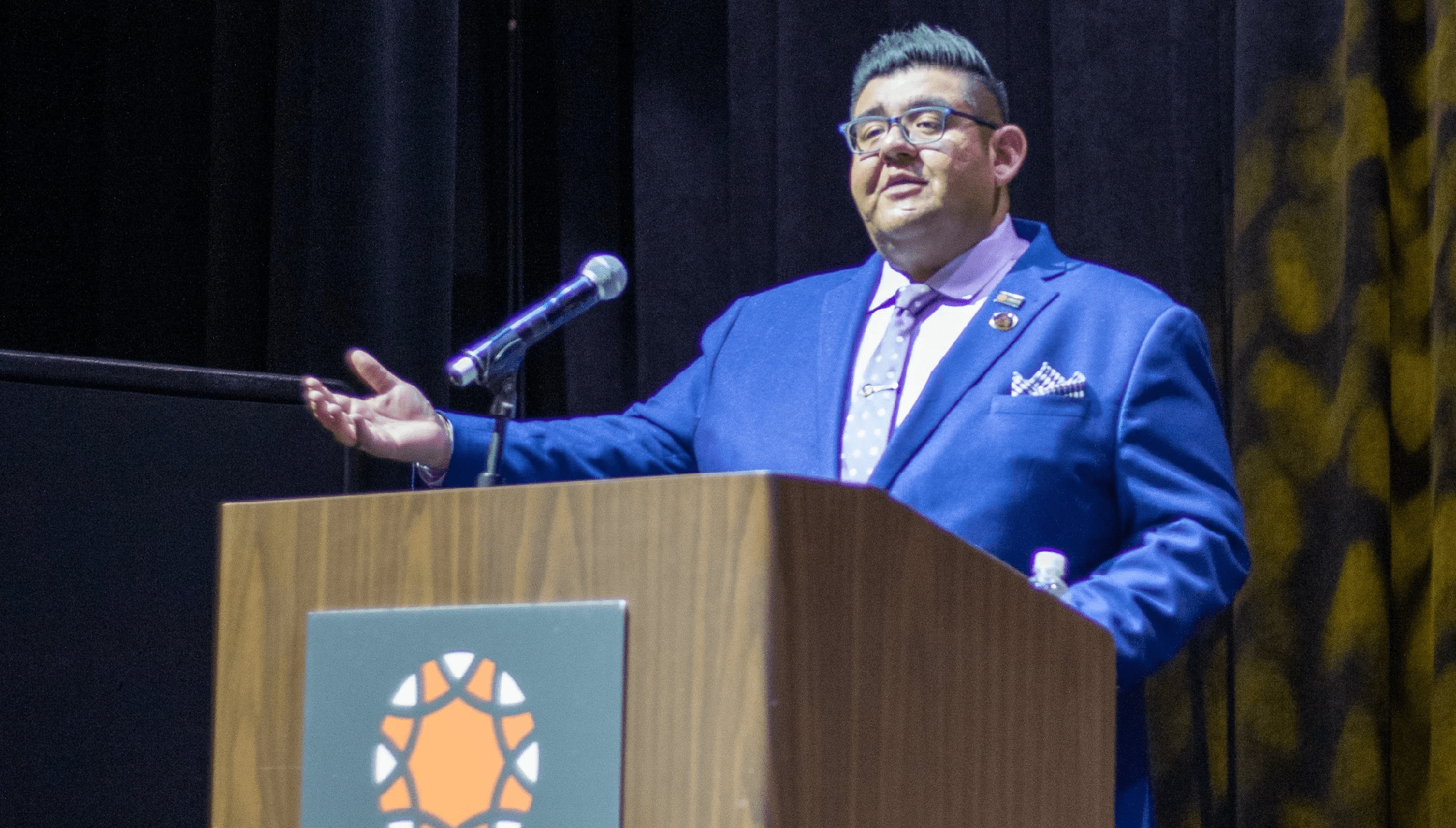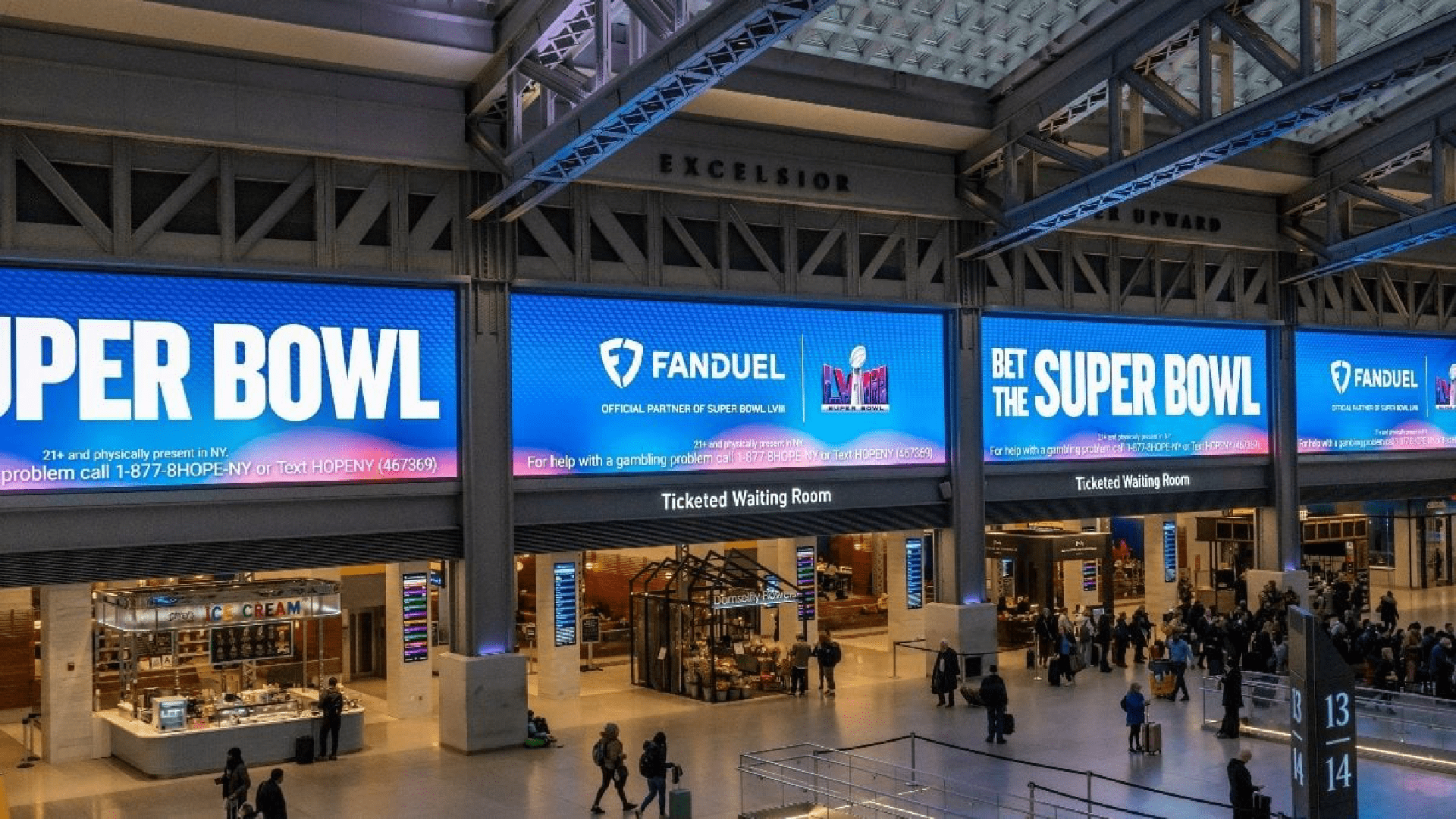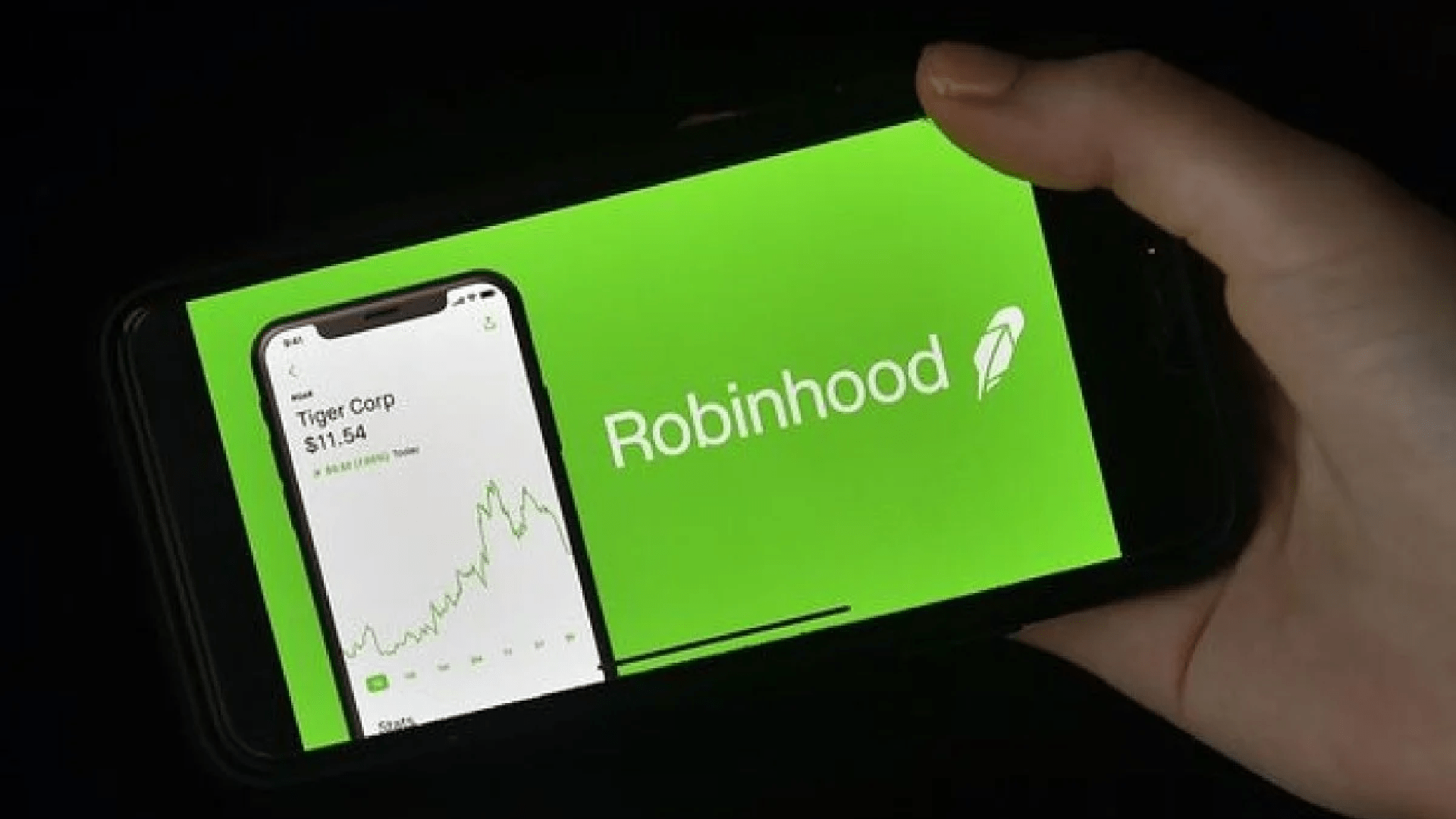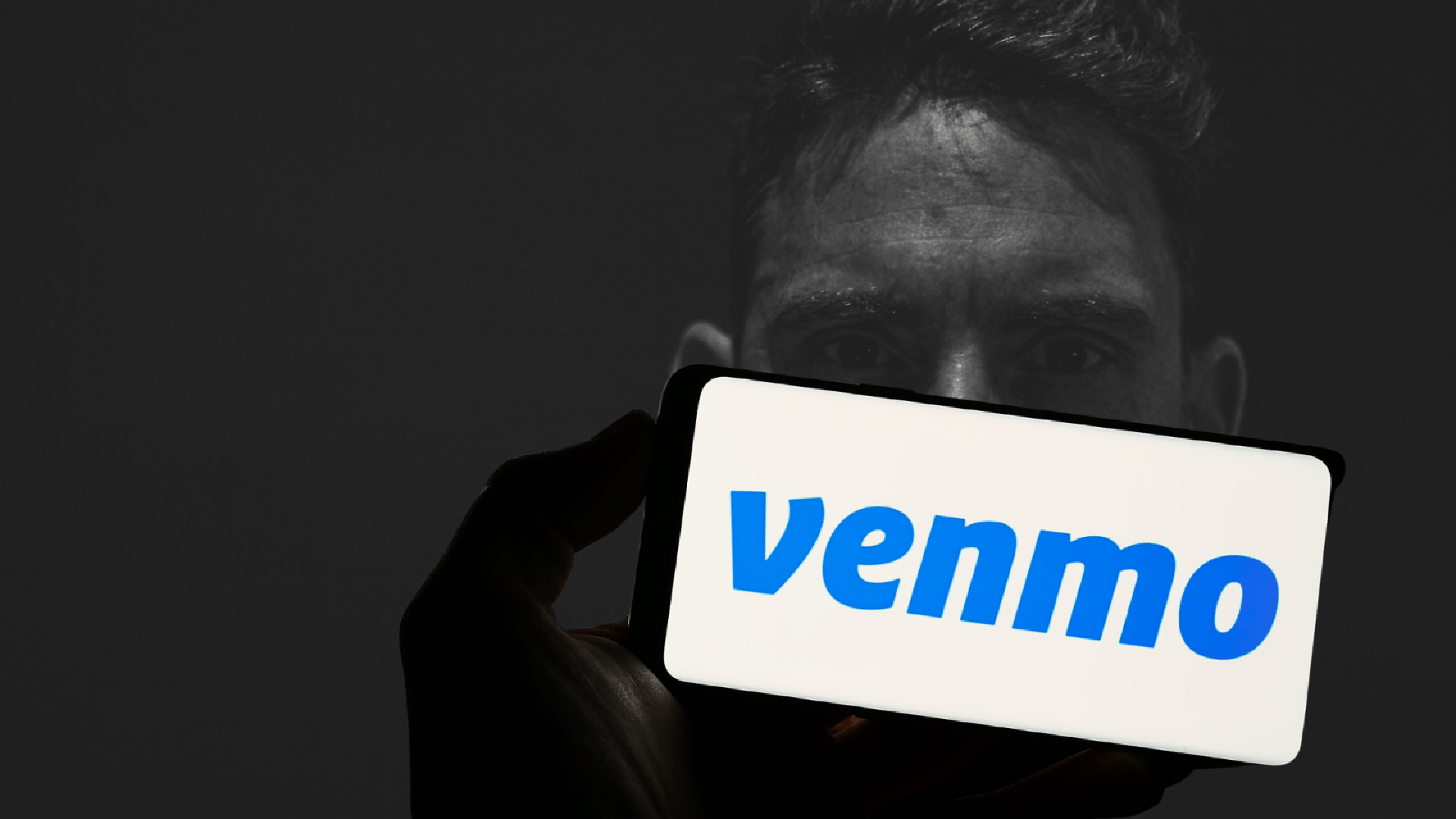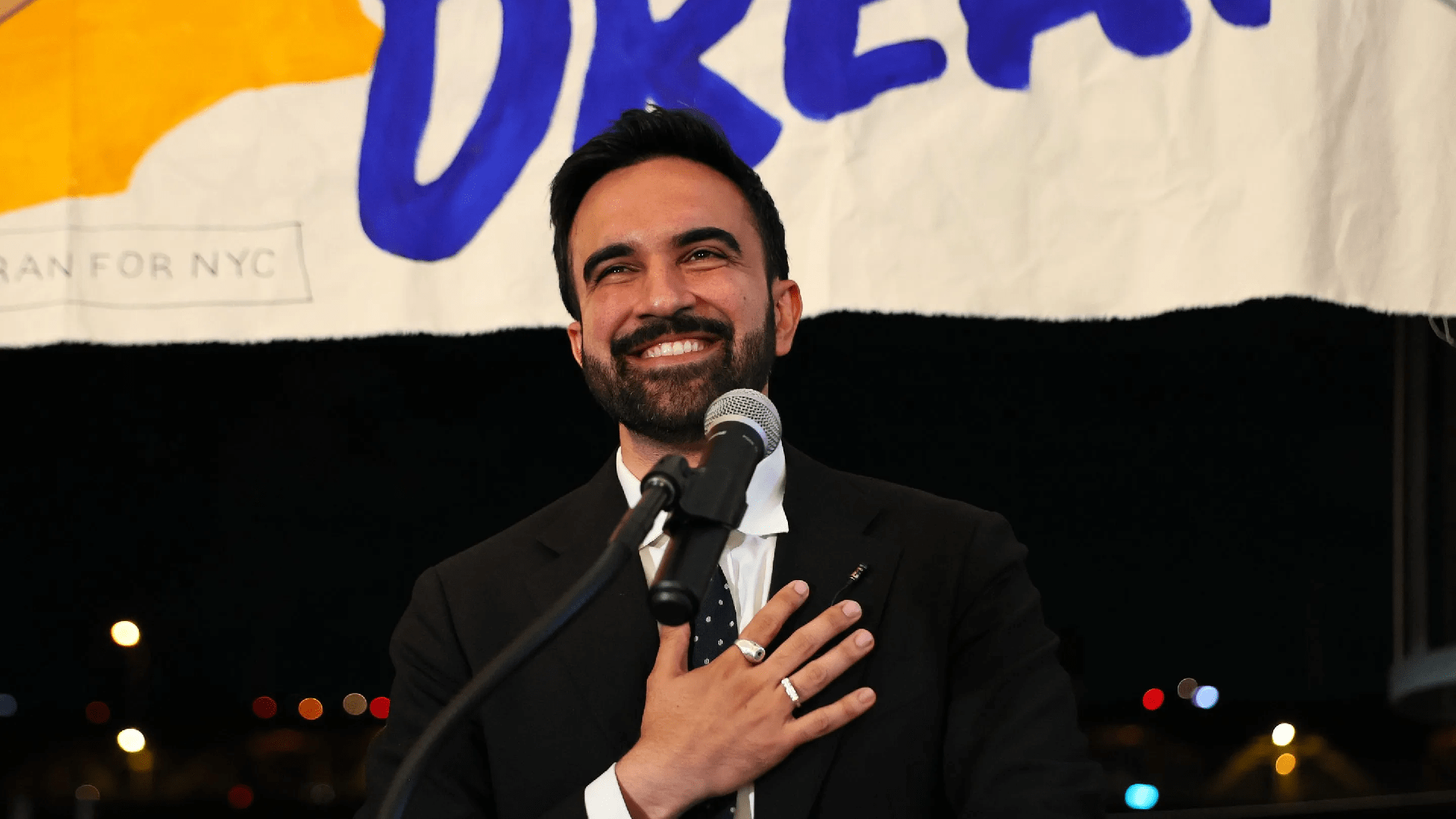CNIGA Opposes California Sports Betting, Denounces ‘Divide and Conquer’ Tactics
The two sports betting initiatives that might be on the ballot in 2024 are fiercely opposed by the California Nations Indian Gaming Association (CNIGA).
Officially opposing 2024 California initiatives pertaining to sports betting, CNIGA
Official opposition to two recently proposed initiatives that would have placed sports betting before California voters in 2024 was expressed today by the California Nations Indian Gaming Association (CNIGA).
On October 27, the Tribal Gaming Protection Act and the Sports Wagering Regulation became a public document. Kasey Thompson and Reeve Collins, who were dubbed "tech bros" and "poker bros" in a recent Politico piece, were the outsiders who presented it to the tribe. CNIGA Chairman James Siva chastised Collins and Thompson's approach in a statement about the organization's rejection of the project.
"The sponsors of the initiatives dealt with the entire endeavour obscenely," Siva said, expressing her displeasure with the way the initiatives were handled. It is difficult to hear these people talk without taking offense. This illustrates another effort by foreign powers to divide and conquer Native American tribes. Siva and the tribe will not permit the recurrence of the past.
With 52 member tribes, CNIGA is the trade association for California's tribal casino operators.
Initiatives for Sports Betting in California Face Tribal Exclusivity Problems
A terrible time was ushered in by the proponents of the Sports Wagering Regulation and the Tribal Gaming Protection Act. They did not first ask the California tribes' permission before filing plans for a tribal gaming proposal.
Put another way, due to their exclusivity agreements with the state, the California tribes must approve any expansion of Class III gaming, which includes sports betting. By not taking this action, proponents of the Tribal Gaming Protection Act and Sports Wagering Regulation may have guaranteed the proposal's demise soon after it was introduced.
Additionally, as CNIGA recently noted, Collins and Thompson probably disregarded voter fatigue when discussing the matter. Nearly $250 million was spent on the legal battles in 2022 between Proposition 27, which was backed by commercial gaming companies, and Proposition 26, a sports betting initiative supported by tribes. Both propositions were soundly rejected by California voters.
Because of this, tribal casino operators in California are beginning to agree more and more that sports betting shouldn't return before the 2026 midterm elections.
California Tribes Seek Consultation and Are Open to Working Together on Sports Betting
The willingness of California tribes to work with other parties on the issue could make matters worse in regards to the Sports Wagering Regulation and Tribal Gaming Protection Act. All they want is to be involved early on and in charge of the plans.
While it is unlikely that sports betting will be on the California ballot in 2024, the Sports Wagering Regulation and Tribal Gaming Protection Act gives some CNIGA member tribes hope that it could provide some framework for a potential ballot initiative in 2026.
In the state, tribal operators also want to proceed cautiously with sports betting. It is their intention to start with retail sportsbooks at their casinos before expanding into mobile betting.
